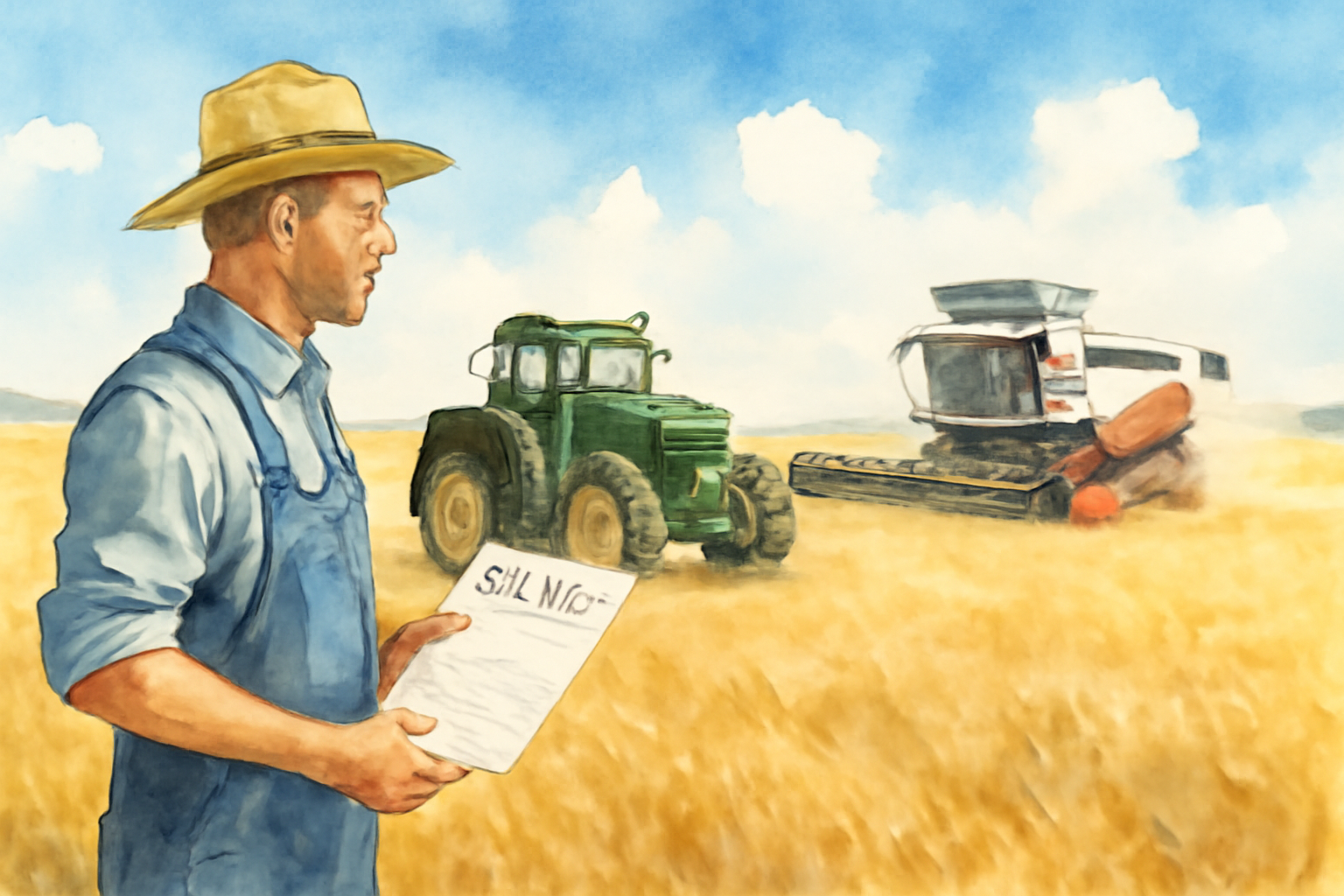
Leasing offers significant advantages for farming operations aiming for efficiency and cost-effectiveness. By opting for leasing rather than outright purchasing, farmers can access the latest agricultural technologies and equipment without the substantial capital outlay traditionally required, facilitating scalability and competitiveness in an ever-evolving market.
1. Asset Utilization and Flexibility: Leasing provides farmers with the flexibility to upgrade equipment frequently, ensuring they utilize the most efficient tools available. As agricultural technology advances rapidly, leased equipment allows for easy updates, avoiding the obsolescence trap. This adaptability is especially important for precision agriculture technologies, which enhance productivity and reduce waste.
2. Cash Flow Management: Leasing minimizes initial costs, preserving precious capital for other operational needs such as seeds, labor, and fertilizers. The predictable leasing payments aid in precise financial planning and budgeting, preventing cash flow disruptions commonly encountered with large, upfront capital expenditures.
3. Tax Advantages: Under current tax laws, lease payments can often be deducted as operating expenses, potentially offering attractive tax benefits. These deductions assist in reducing the overall taxable income, allowing farmers to retain more financial resources for reinvestment into their operations.
4. Maintenance and Repair Cost Management: Many lease agreements include provisions for maintenance and repairs, reducing the unforeseen expenses that can hamper agricultural operations. This alleviates the burden on farmers’ schedules and budgets, allowing them to focus on core farming activities.
5. Risk Mitigation: Equipment and technological obsolescence risks are reduced significantly through leasing. Farmers can avoid the depreciation losses associated with owning outdated machines. This risk mitigation supports long-term sustainability and profitability within farming operations, ensuring assets do not become financial liabilities as they age.
6. Access to Specialized Equipment: Farming operations can benefit from accessing specialized equipment that might be cost-prohibitive to purchase outright, such as advanced irrigation systems, drones for crop monitoring, and automated machinery for planting and harvesting. Leasing permits the usage of such niche equipment which can lead to improved efficiency in specific farming activities.
Conclusion: Efficient farming operations increasingly depend on access to cutting-edge technology and adaptable equipment usage strategies. Leasing creates a pathway to achieve these objectives by offering flexible, cost-effective solutions that support modern farming demands. By leveraging leasing, farmers can maintain competitive operations, manage risks more effectively, and ensure operational efficiency without depleting capital reserves.